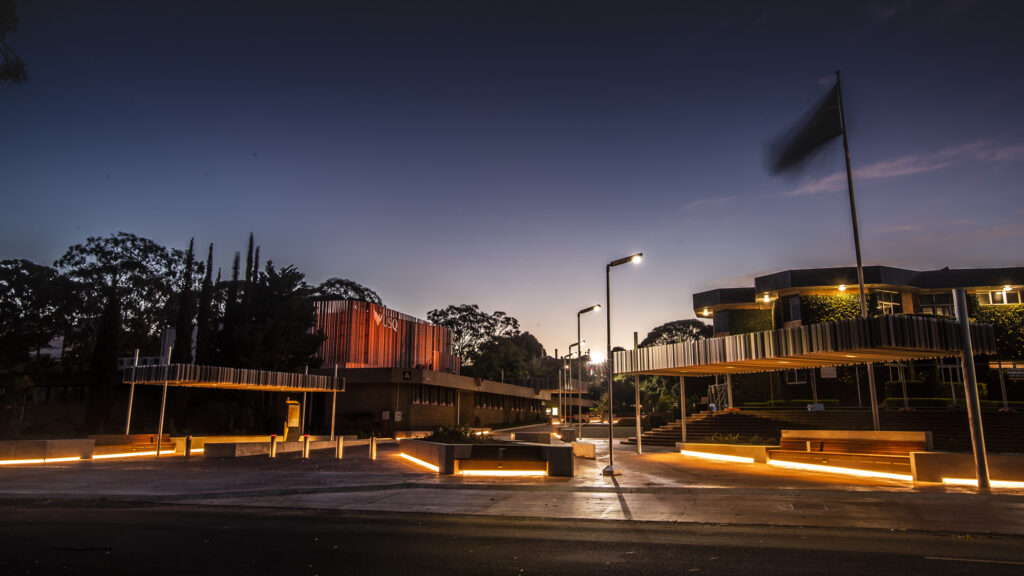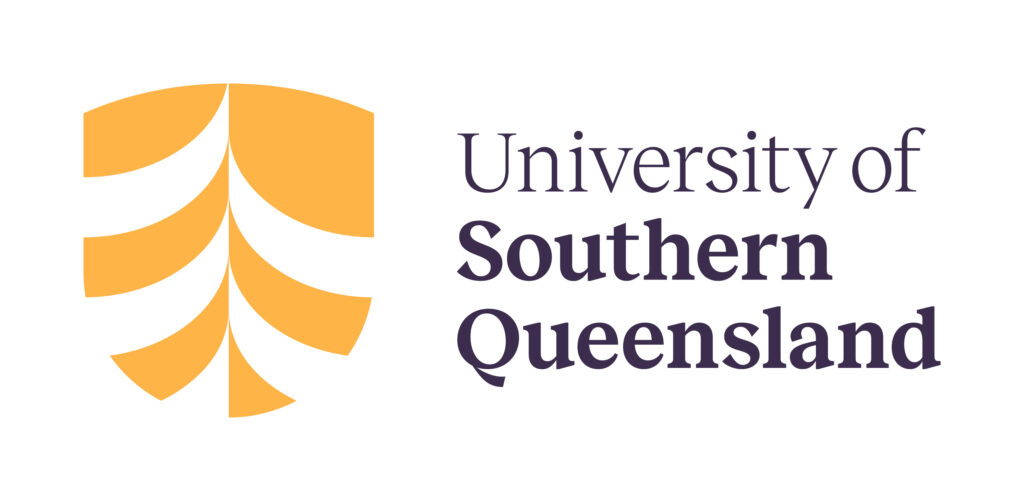The UniSQ Evaluation Consultancy offers a wide range of evaluation methodologies and tools to assist government and non-profit organisations to commission program design, process evaluation, and impact evaluation through the production of a range of evaluation methodologies artefacts. Evaluation consultancy services refer to professional assistance provided by experts in the field of evaluation to organisations or departments, projects, or programs.
The Consultancy offers departments or organisations, project or program or intervention design, evaluation guidance service, process and impact evaluations. These services offer departments and organisations the opportunity to have an evaluator work alongside them during the design, development and delivery of a project or program or to commission an evaluation at the implementation stage (process evaluation one-year point) or at the end of the project or program cycle (impact evaluation three- to five-year point).
Members of the consultancy are undertaking a variety of commissioned evaluations internally in 2024, furthermore we are excited to share UniSQ received a grant from the Queensland Government to fund an evaluation of UniSQ’s bespoke Bachelor of Cyber Security. This program is a first of its kind, involving two industry partners designed to support veterans and their spouses post-military life (Ethics approved by the University of Southern Queensland and Department of Veterans’ Affairs). It incorporates recognition of prior learning, paid internships and industry certifications. An early media release of the program can be found here. This research project is proudly supported by the Queensland Government’s Veteran’s Health and Wellbeing research grant funding.
One of our long-term goals is building capacity in our communities and therefore we are rolling out various professional workshops over the coming years. We are very excited to launch a workshop series on strategic management, which has kicked off in February 2024 at our new UniSQ Brisbane location.

Case Studies
Non-Profit
A non-profit with a focus on supporting homelessness in the community designed an intervention, funded by a 3 year grant, that provided free food and education remotely. They chose two locations they visited three times per week at midday. They wanted to know whether this allocation of resources had a better outcomes for the community than remaining in a static location.
The non-profit wanted to apply for the grant in the next funding cycle, but needed to produce evidence of impact on the community. An evaluator was hired and over 3 months to review project documentation, interview the staff involved in the process and conduct two focus groups at the two locations.
A draft report was delivered to the leadership team to review and fact-check. Note, independent evaluators do not change their findings to reflect desired outcomes of the organisation.
A final impact evaluation report with findings and recommendations was provided to the non-profit inform future initiatives and secure more funding.
Small Business
A small business is looking to diversify its product offerings. There is no capacity with a lean body of internal staff for marketing or research to be undertaken. An evaluator is hired for 40 hours to complete a benchmarking exercise, to understand the number and nature of competitors in this new market.
A following 120 hours is booked to complete environmental scans to help develop a comprehensive understanding of the broader environment in which these products operate within. It considers current and future opportunities by looking through the lens of politics, economics, technology, society and the regulatory environment.
The result is that the small business now has information at their fingertips to make an evidence informed decision on entering a new market at relatively low cost.
Enterprise
A medium enterprise approaches an evaluation consultant, aware of a problem in the organisational culture, but has insufficient information to diagnose the exact nature of the problem.
The evaluator is contracted for six months to identify the problem and design an intervention to impact organisational culture in line with the company vision. For the sake of independence, the evaluator engages with all stakeholders through different methods to identify the true nature of the problem.
The evaluator then works with the leadership team to co-design an intervention. The advantage of having an evaluator design the intervention is that the data points and metrics have been built in at the start and are represented properly. This makes for clearer monitoring and reporting to boards or CEOs. It builds a foundation of easy and quick evaluation years down the track.


